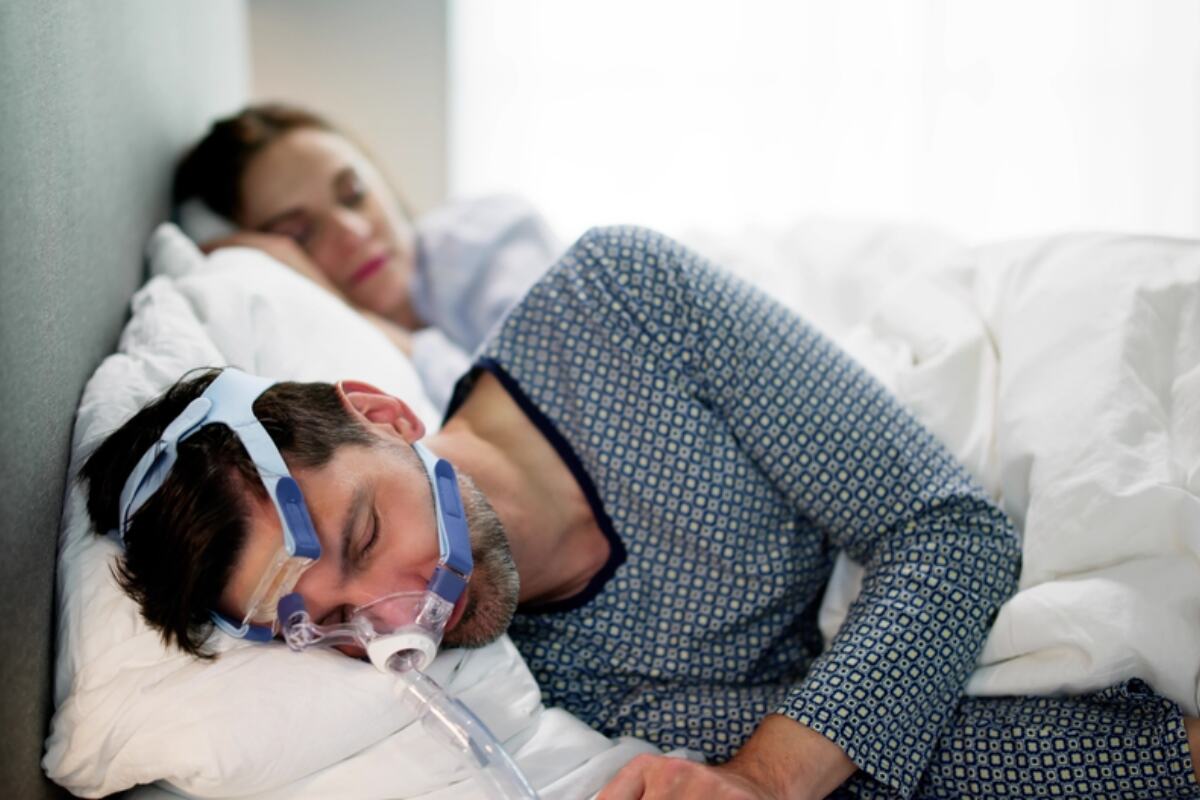
Many people feel tired every day and blame stress, screens, or a busy life, but what if the real cause is sleep apnea?
Sleep apnea is a common but serious condition that causes your breathing to stop and start while you sleep. Many people don’t even know they have it. Recognizing the signs early and getting the right sleep apnea treatment near you can make a big difference in your daily health and energy.
Let’s break down what to watch for and how sleep apnea affects your life.
What Are the Common Symptoms of Sleep Apnea?
There are mainly three common indicators that show you may have sleep apnea:
Loud Snoring, Gasping, or Choking During Sleep
Snoring is one of the most noticeable early signs of sleep apnea, but it’s not just noise. In people with sleep apnea, snoring is often followed by pauses in breathing, gasping, or choking.These pauses can last 10 seconds or longer and may happen dozens of times each night.
If your partner notices these signs, or if you wake up feeling like you can’t breathe, it might be time to visit a dental office in Dacula that screens for sleep-disordered breathing.
Daytime Sleepiness and Trouble Staying Focused
Do you wake up tired even after a full night’s sleep? That could be your body warning you that it isn’t getting enough oxygen at night.
Sleep apnea can cause:
- Morning headaches
- Poor memory or focus
- Mood changes like irritability
- Falling asleep during the day
If you’ve ruled out other causes and still feel this way, visiting a dental office near you can help you explore whether a sleep-related condition is to blame.
Physical and Emotional Health Problems
Sleep apnea does more than make you tired. It affects your entire body.
Here’s how sleep apnea impacts daily life:
- Heart health risks: Increased chance of high blood pressure, stroke, and heart disease
- Weight gain: Sleep loss can change how your body uses insulin and stores fat
- Depression and anxiety: Poor sleep affects your mood and emotional balance
- Risky driving: Drowsiness from sleep apnea makes driving dangerous
Who Is Most at Risk?
While anyone can develop sleep apnea, certain factors raise your risk:
- Being overweight or obese
- Having a large neck or a smaller airway
- Being over 40 years old
- Having nasal congestion or sinus issues
- Family history of sleep apnea
- Smoking or alcohol use
These risk factors aren’t always obvious, so it’s important to know the signs, no matter your age or health.
What Can You Do About Sleep Apnea?
If you suspect sleep apnea, talk to a healthcare provider about testing. You might take a home sleep test or stay overnight at a sleep clinic.
Treatment depends on the severity:
- Mild cases may benefit from lifestyle changes like weight loss or sleep position adjustments
- Moderate cases might use an oral appliance fitted by a dental professional
- Severe cases may require a CPAP machine to keep airways open
A qualified dental team can often help with mild to moderate sleep apnea using custom mouthguards or oral devices.
Wrapping Up!
Sleep apnea is more common than many people realize. If you feel constantly tired, struggle to focus, or snore loudly, don’t ignore the signs. Early diagnosis and the right treatment can protect your health and improve your quality of life.
To learn more or schedule a consultation, contact Lanier Valley Dentistry. We’re here to help you sleep better and live healthier.
FAQs
- What is the most common warning sign of sleep apnea?
Loud, frequent snoring with gasping or choking is often the first noticeable sign.
- Can children have sleep apnea?
Yes. Kids with large tonsils, allergies, or obesity may also experience sleep apnea.
- Will I need a CPAP machine?
Not always. Milder cases can often be treated with oral devices from a dental professional.
- Can a dental office help with sleep apnea?
Yes. Many dental office now offer sleep screenings and custom oral appliances that treat sleep apnea.


